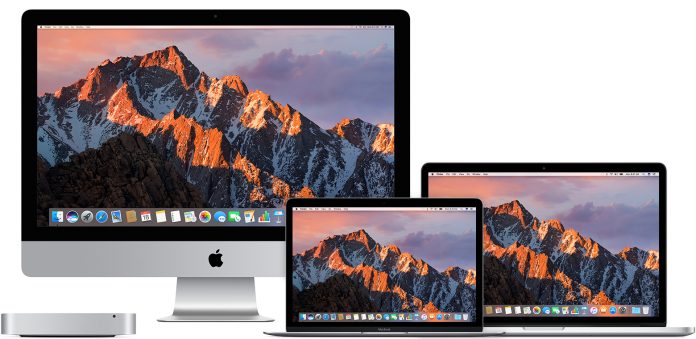
According to various sources, Apple’s latest computer OS, Sierra, released a few weeks ago, will start to download automatically. An article from ZDNet noted the Sierra OS update would take place this Monday, with the software downloading as a background process and then offering users the upgrade.
The update process requires users to have the ‘Automatic Download’ enabled on their Macs and to have an OS Sierra compatible machine.
The download will not take place if the user’s computer storage is too little, or if it started to become critically low while the update is downloading. Nonetheless, users can manually stop this update from happening by clicking on the cancel button.

How to manually prevent Sierra’s auto-download
Automatic download is a feature present in all Macs, which is activated by default. The user can block it by accessing System Preferences from Apple icon in the menu bar. Users can locate this option at the top left.
From here, the user can select the App Store tab, which handles the system updates and uncheck the option that reads ‘Download newly available updates in the background.’ Switching off the top choice ‘Automatically check for updates’ will not do the trick by itself.
The Mac devices that will be subject to this automatic download are the ones ranging from the 2009-2010 line, and this includes all current versions of the MacBook, iMac, and Mac Mini.
A beta version of the latest version of Sierra released for testers ahead of time
Recent events involving the Sierra OS include the release of version 10.12.1 to developers and beta testers on Tuesday, as reported by an article in AppleInsider. New releases of WatchOS (3.1) and tvOS (10.0.1) are now available for beta-testing as well.
The most recent version launched only a week after the company’s unveiling of the second. It contains various bug fixes and system improvements, along with an upgrade to the Photos app. Access to the beta version requires users to be members of Apple’s Beta Software Program.
A release date for the official public versions of all these OS’s is still unclear, according to the article. One of the main reasons behind the Cupertino company’s decision might be the future new MacBook Pro, expected for later this month.
The launch of this new computer, along with a rumored new iMac, will most likely be the release event for the OS’s standard new iteration.
Source: ZDNet










